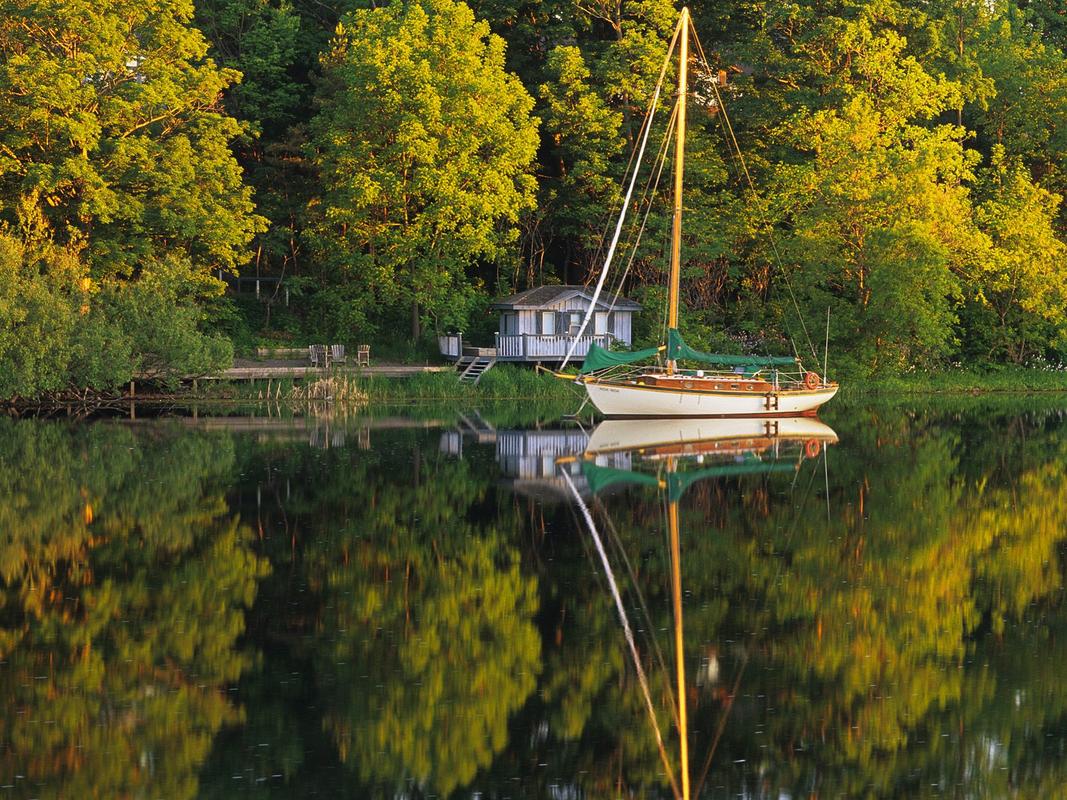Preserving Indigenous Heritage: A Shared Responsibility
Indigenous heritage refers to the unique customs, traditions, and beliefs of the indigenous people of a particular region or country. It includes their language, music, dance, arts, and crafts, which have been passed down from generation to generation. However, as the world becomes more modernized, many indigenous cultures and traditions are at risk of being lost forever. That’s why preserving indigenous heritage is a shared responsibility that all individuals, communities, and governments need to actively participate in.
One of the significant factors contributing to the loss of indigenous heritage is globalization. The influence of Western culture has led many indigenous people to abandon their traditional practices and adopt modern lifestyles, which can lead to the disappearance of their cultural heritage. As a result, indigenous languages, music, and crafts are not being passed down to the younger generation, which puts the future of these cultures at risk.
Another factor is displacement and assimilation. Many indigenous peoples have been forcibly removed from their ancestral lands, resulting in the loss of their traditional practices, languages, and beliefs. Moreover, the dominant culture often imposes its values and beliefs on indigenous people, leading to the suppression of their unique identity and heritage.
It’s crucial to acknowledge that preserving indigenous heritage is not the sole responsibility of the indigenous people but also of the wider community. Everyone has a role to play in preserving the world’s diverse heritage and ensuring that it’s not lost but celebrated. It’s about recognizing and respecting the unique cultural identities of different communities and promoting their preservation.
Governments also have a significant role to play, and policies should be put in place to support and protect indigenous heritage. This includes providing funding for cultural preservation projects, preserving historical sites and artifacts, and promoting education and awareness of indigenous cultures.
In conclusion, preserving indigenous heritage is a shared responsibility that involves individuals, communities, and governments. It’s an essential step towards cultural diversity, social inclusion, and sustainable development. Therefore, we must recognize the value and importance of indigenous cultures and traditions and work together to preserve them for generations to come.
(Note: Do you have knowledge or insights to share? Unlock new opportunities and expand your reach by joining our authors team. Click Registration to join us and share your expertise with our readers.)
